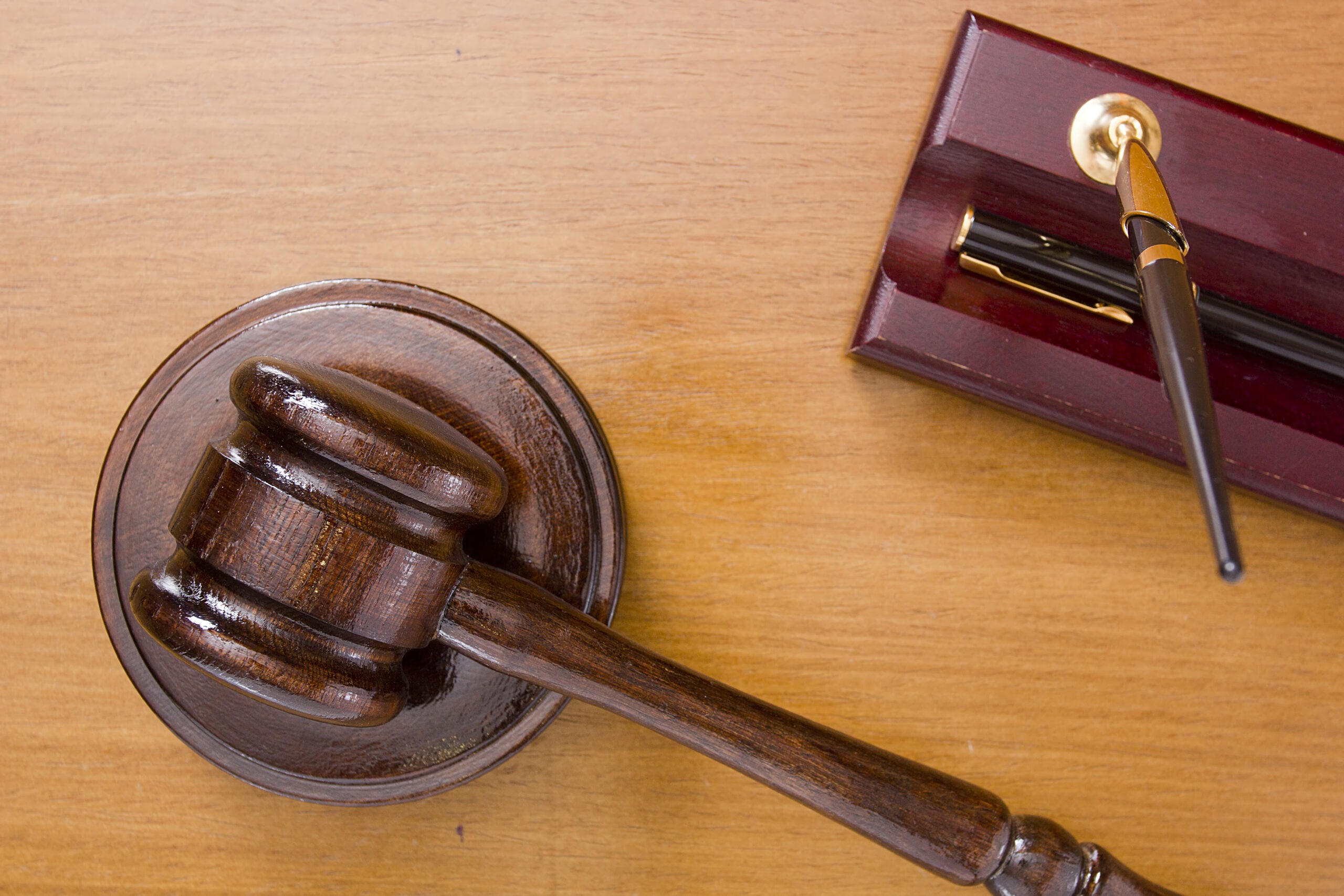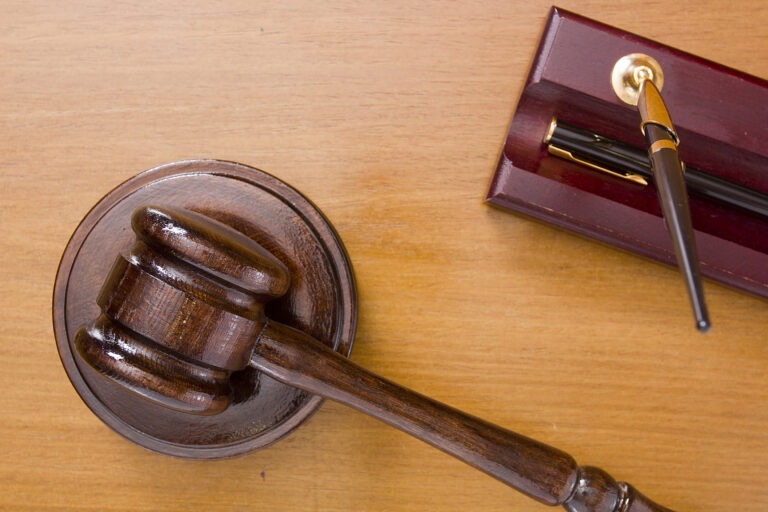How to protect yourself as the Appointed Executor of a Will?
These days, I’ve heard from some of my friends and relatives that they’ve been appointed as the Executor of someone’s Will. What does this really mean? Why should you care?
Because there are important responsibilities that an Executor needs to fulfil, or he/she may risk getting sued by other parties of the Will.
Here are some steps to take to safeguard yourself if you’ve been appointed as the Executor of a Will.
Understand Your Responsibilities
Familiarize yourself with the contents of the will and understand your duties as an executor. This includes gathering and managing the deceased’s assets, paying debts and taxes, and distributing the remaining assets to beneficiaries according to the terms of the will.
Seek Legal Advice
Consult with a qualified probate attorney to understand the legal requirements and obligations associated with serving as an executor. An attorney can provide guidance on fulfilling your duties and navigating any complex legal issues that may arise during the probate process.
Document Everything
Keep detailed records of all your actions and decisions as an executor. This includes correspondence with beneficiaries, financial transactions, and any other relevant documentation. Good record-keeping can help protect you from allegations of misconduct or mismanagement.
Communicate Transparently
Keep beneficiaries informed about the progress of the probate process and any significant developments. Open communication can help minimise misunderstandings and disputes among beneficiaries and reduce the likelihood of legal contesting to the will.
Act Impartially
As an executor, you have a fiduciary duty to act in the best interests of the estate and its beneficiaries. Avoid any conflicts of interest and refrain from favoring one beneficiary over another. Make decisions objectively and impartially, based on the terms of the will and applicable laws.
Exercise Caution with Estate Assets
Safeguard the assets of the estate and avoid commingling them with your personal assets. Exercise caution when managing estate funds and assets, and seek approval from the court or beneficiaries for significant transactions or expenditures.
Manage Conflicts Effectively
In the event of disagreements or conflicts among beneficiaries, work to resolve disputes amicably and in accordance with the terms of the will. If necessary, seek mediation or legal intervention to address contentious issues and protect the interests of the estate and its beneficiaries.
Stay Organised and Timely
Stay organised and proactive in your role as executor, ensuring that deadlines are met, and required filings are submitted promptly. Promptly address any issues or concerns that arise during the probate process to avoid unnecessary delays or complications.
Concluding Remark
As you can see, being an Executor of a Will comes with its fair share of responsibilities.
However, by following these guidelines and taking proactive steps to fulfil your duties as an executor, you can protect yourself from potential liabilities and ensure that the wishes of the deceased are carried out effectively and responsibly.
What if, in the event that an Executor do not wish to execute the estate?
He/she may choose to relinquish his/her Executor-ship, and engage a Corporate Executor to take over. Estate planning companies, such as Precepts Trustee Pte Ltd also offer corporate executor-ship. Feel free to reach out to find out more.







